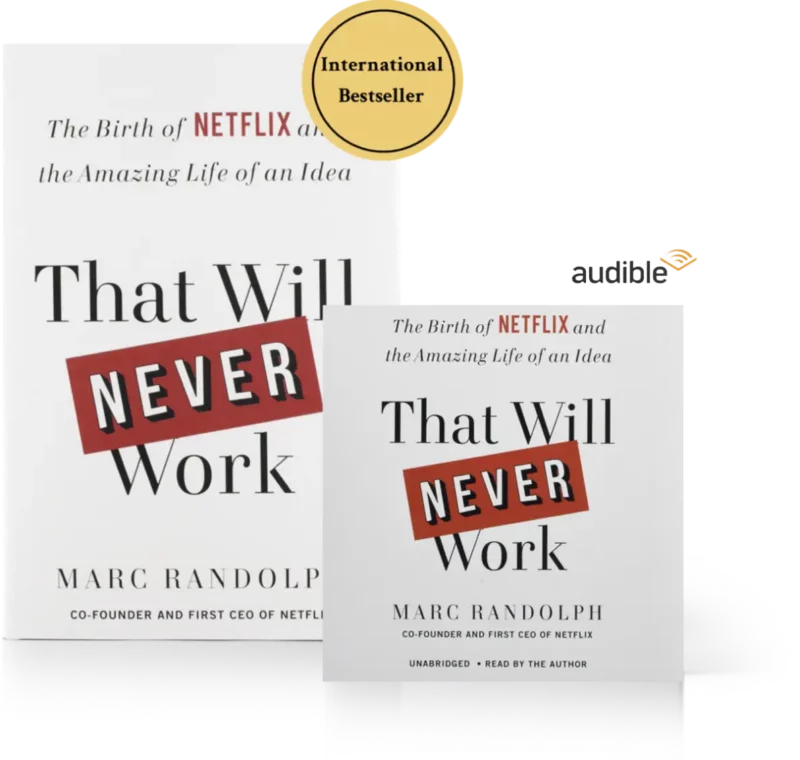Read This After You’ve Gone for a Walk
The key to solving most problems is to step away from them for a while.

Stop reading this.
I’m serious. Turn off your phone, put it in a drawer, and go out for a walk. I just got back from one myself.
Still there? OK, if you’re going to insist on reading further, then let’s talk about mental health in the workplace for a moment. Because discussions about burnout, stress, and the importance of a healthy work-life balance are still not as common as they should be.
There is some discussion going on, but it’s not enough, because the situation is getting worse. Slack is constantly calling for our attention. Cell phones make us available and responsive at all hours. And the recent, pronounced shift to working from home has further blurred the line between work and personal time.
We all joke about Gen Z’s insistence on “having a life” but I’m pretty sure they have it right. I shouldn’t be surprised that my most popular social media posts—by an order of magnitude—aren’t the ones about startup tactics, but the ones about finding a better work-life balance, digital sabbaths, establishing boundaries between office and home, and similar subjects.
These topics matter. Endless product sprints, rivers of text messages, and dashboards full of productivity metrics all push, push, push us to behave in unsustainable ways.
The “hustle culture” that’s come to define entrepreneurship is causing untold damage—not just to individual people, but entire communities. Even the country, if recent news is any indication: the New York Times just published an article about how thousands of China’s best and brightest tech professionals are emigrating, but most are choosing somewhere besides the US. Visa difficulties are part of it, but so is work-life balance. According to the article, many of them don’t see much difference between the obsessive work culture in China, and the one in Silicon Valley.
Something has to change. And as business leaders, this is on us. It’s not enough to simply pay lip service to the idea that balance is important. Culture is observational, not aspirational, so we need to model the behavior we want to see.
I’ve written several times about the fact that for many years—including the years when I was building Netflix—I left work promptly at 5:00 every Tuesday for a date night with my wife. If there was a crisis, we were going to wrap it up by 5:00. If you desperately needed to talk to me, we could talk on the way to the car.
And while this behavior may have saved my sanity (and my marriage), the real benefit is that the rest of the company could see that I meant it when I told them that I expected them to carve out time for themselves.
Is this easy? No. But is it essential? Yes. Because when all is said and done, the only people who are going to remember all those nights and weekends you spent at the office are your children.
A version of this originally appeared here
Don’t miss another word. Sign up here to get these posts in your inbox
RECOMMENDED FOR YOU
What the Freedom & Responsibility Culture Could Mean to Your Company
Podcast Episode 72
Is it a Culture Problem or a Hiring Problem?
October 25, 2022 • 38 min
